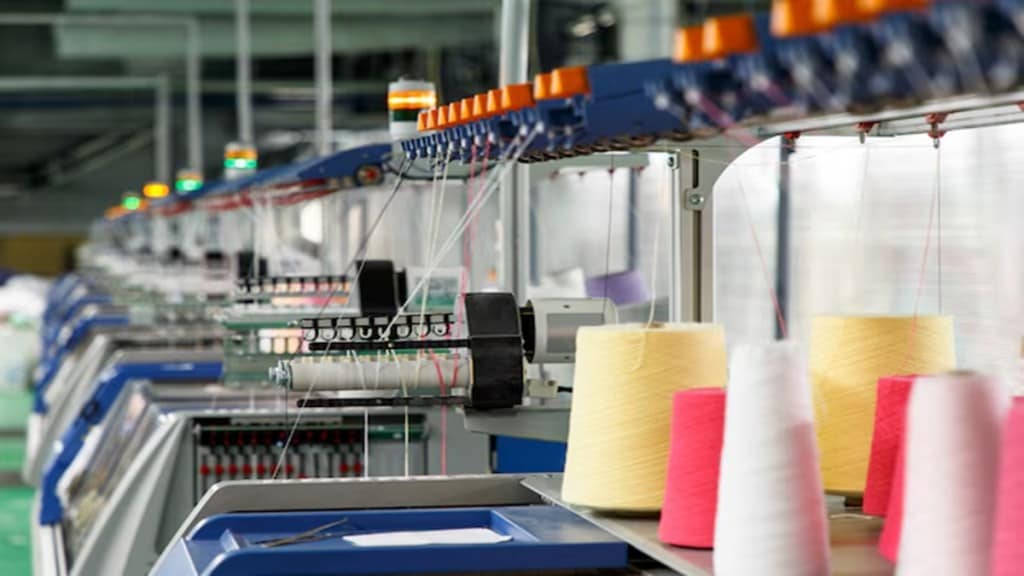Fashion retailers including Arvind Fashions, Trent, Blackberrys, and Madura Fashion & Lifestyle are presenting collections almost every month these days. That’s down from the typical six-monthly cycle and in response to consumers’ more frequent demands for newer styles. While the concept of a quick rollout to market is not new to the fashion world with global brands Zara and Uniqlo leading the way, in India retailers are catching up with this trend.
A recent study by Vector Consulting, a consultancy which works with retailers and garment companies, and NielsenIQ notes that now 11% of the collections have crunched timelines to 3-5 months, with 2% bringing down the lead time to under three months. That compares with the earlier timelines when 39% of apparel collections took 6-9 months in terms of rollout to market.
Experts and top executives say that retailers could speed up more collections as they cater to consumers’ needs. A growing base of Gen Z consumers, that is active on Instagram, wants to fast replicate designs and styles trending on social media. Time, therefore, is of essence for both brands and consumers.
Kulin Lalbhai, vice-chairman and executive director, Arvind, believes the concept of having something new every time you walk into a store or when you browse online is becoming very important in the world of fashion today. “Retailers such as us have also moved away from a wholesale distribution model to a direct distribution model. While wholesale distribution gave us room to do only two seasons a year, with direct distribution we have greater control over what we can bring to the market, helping us crunch lead times and launch more collections a year,” Lalbhai said.
P Venkatesalu, MD of Trent, says that the retailer has been able to crunch manufacturing timelines by at least 20% by focusing on its ecosystem to deliver fast. “The whole ecosystem is coming together now a lot more than they did earlier. The apparel industry in my view is moving in the right direction in terms of being more agile and efficient,” he said.
Retailers today are breaking down their collections into core and dynamic products, ensuring there is a constant supply of core products or garments into stores to ensure sales remain unaffected. Supply of dynamic products, on the other hand, may vary, depending on the demand.
According to P Senthilkumar, senior partner at Vector Consulting, the quick fashion model involves re-aligning the entire supply-chain back-end from the yarn manufacturer to the fabric supplier to the fashion brand. The idea is to think and deliver now.
“This includes lower discounting and more full-price sales and minimising stockouts for bestseller products. There is also reduction in excess inventory in the case of products that are not so popular,” Senthilkumar says.
Startups too are stepping in to help fashion labels speed up their rollout to market. B2B manufacturing tech startups like Groyyo, Zyod and Fashinza are some names helping firms to streamline design-to-delivery processes using tech, enabling brands to identify and launch bestsellers quickly, without the risk of inventory losses. The design-to-launch turnaround time has come down from six months to six weeks and the minimum order quantity per style per colour has reduced from 2,000 to 200, they say.
“We created an ecosystem using tech, where brands could predict, plan, design, and source collaboratively. That is how we’ve ensured we create almost 10,000 new styles every month,” Ankit Jaipuria, co-founder, Zyod, said. The startup, launched in January 2023, has worked with companies such as Reliance Retail, FirstCry, Boohoo, Landmark Group and Tata Cliq.
These startups have eliminated the rigidity of managing different stakeholders manually, controlling factory operations remotely with the use of tech. For instance, at the design stage, these startups track what designs work the best. At the production stage, they track the number of styles that need to be cut, stitched, finished and dispatched. Some startups are also involved in procurement.
“We look into design, quality and fabric procurement. We control the whole process to the extent that if 50 pieces of garment have to be cut today, our team will track and ensure that it is done,” Subin Mitra, founder, Groyyo, said. The latter has worked with around 80-90 global brands including Mango, Zara’s parent Inditex and Next in the UK.

